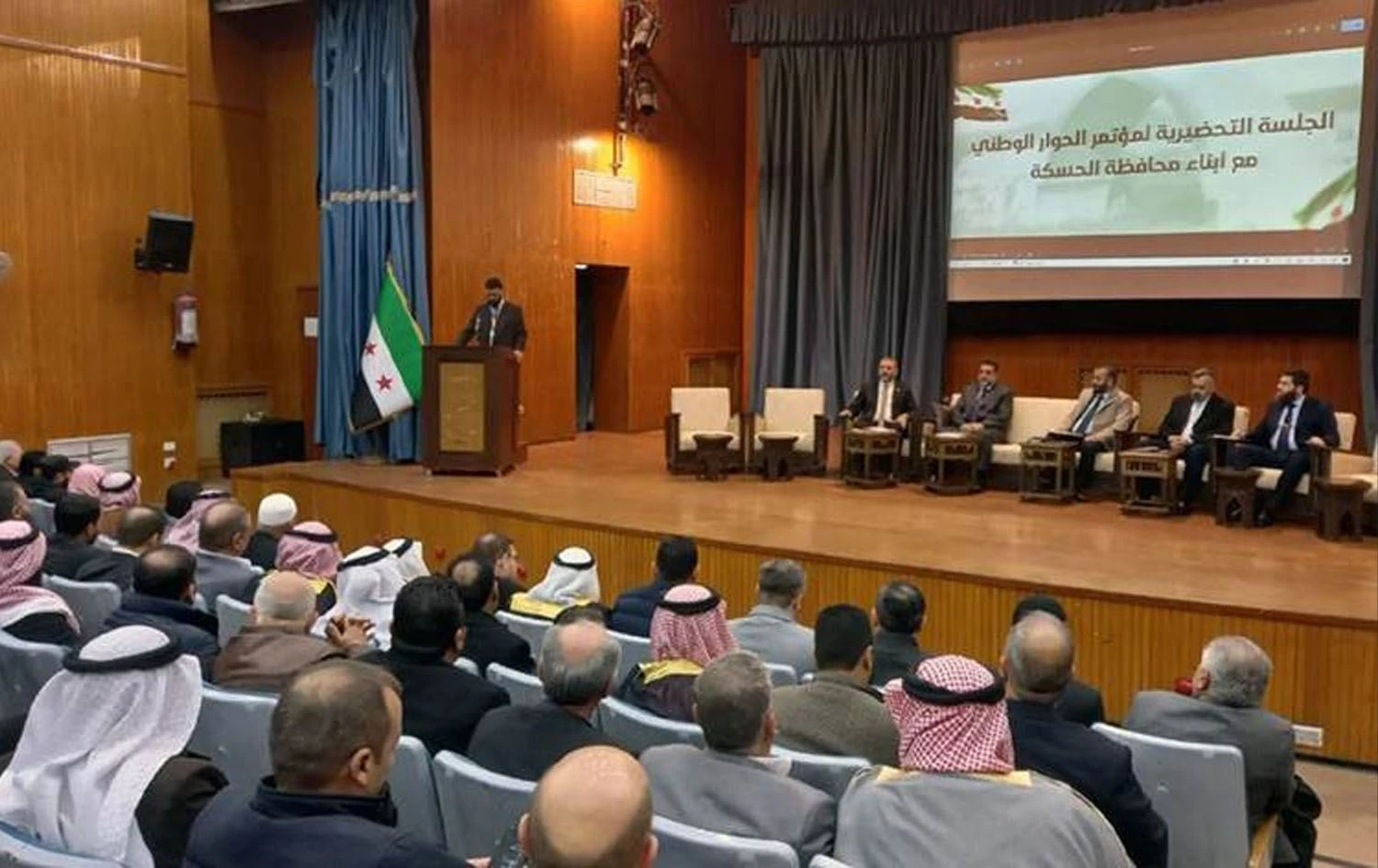Over the weekend, the Kurdish SDF held a unity conference in Paris meant to discuss, among other things, how integration with the Islamist Syrian government will actually work. The unity conference was condemned by the government, which refused to take part, claiming it was a violation of the existing integration deal.
Integration was agreed to way back in February, but no real details were specified, and trying to hammer out how that will actually happen has slowed the process down significantly. The Hayat Tahrir al-Sham (HTS) government’s promise of unity has been undermined by major violence against minority groups across the country, and many are still seething as the “inclusive” cabinet shut the Kurds out entirely and give multiple other minorities only trivial representation.
The Paris conference seemingly was looking like it would show a little too much dissent for the HTS’ taste, and so they declined participation, and accused participants of having separatist ambitions. They also said the conference was backed by foreign actors and undermined the vision of “one army, one government and one country.” They also objected to the fact the conference was in Paris, saying only Damascus was a legitimate site for such discussions.

SDF unity conference in Paris | Image from Rudaw
The conference ended with a statement calling for a wider participatory process in the transitional period and fair representation for ethnic and religious minorities. Though some token cabinet positions were divvied out to minorities, the HTS kept power heavily centralized among themselves.
The lack of progress on integration, particularly of the Kurds, has led the US, which is loudly backing the HTS vision for a heavily unified central government, to criticize the Kurds for the delays. The US also demanded that the SDF disarm entirely, which would seemingly undercut their ability to be integrated into the national army, and which the SDF quickly rejected.
The lack of progress has also spilled over in some fighting in recent days between pro-HTS forces and the SDF. The Kurds issued a statement Saturday accusing the government of repeatedly breaching the ceasefire, though the government had made its own alternative claim that the Kurds actually attacked them for no reason at all.
After six months of integration seeing a few talks, a few fights, and little tangible progress, the HTS seems to be growing impatient. That and the belief that the US support allows them to impose their vision with virtual impunity.
Kurdish reticence, however, is likely only growing because of the violent HTS crackdowns and the relatively lack of international concern about them. There have already been two substantial massacres this year, and nearly 10,000 people have been killed in the process. Since Syria’s Kurds have previously gotten caught up in those sorts of purges, it’s no surprise that they’re not immediately on board with the status quo.


